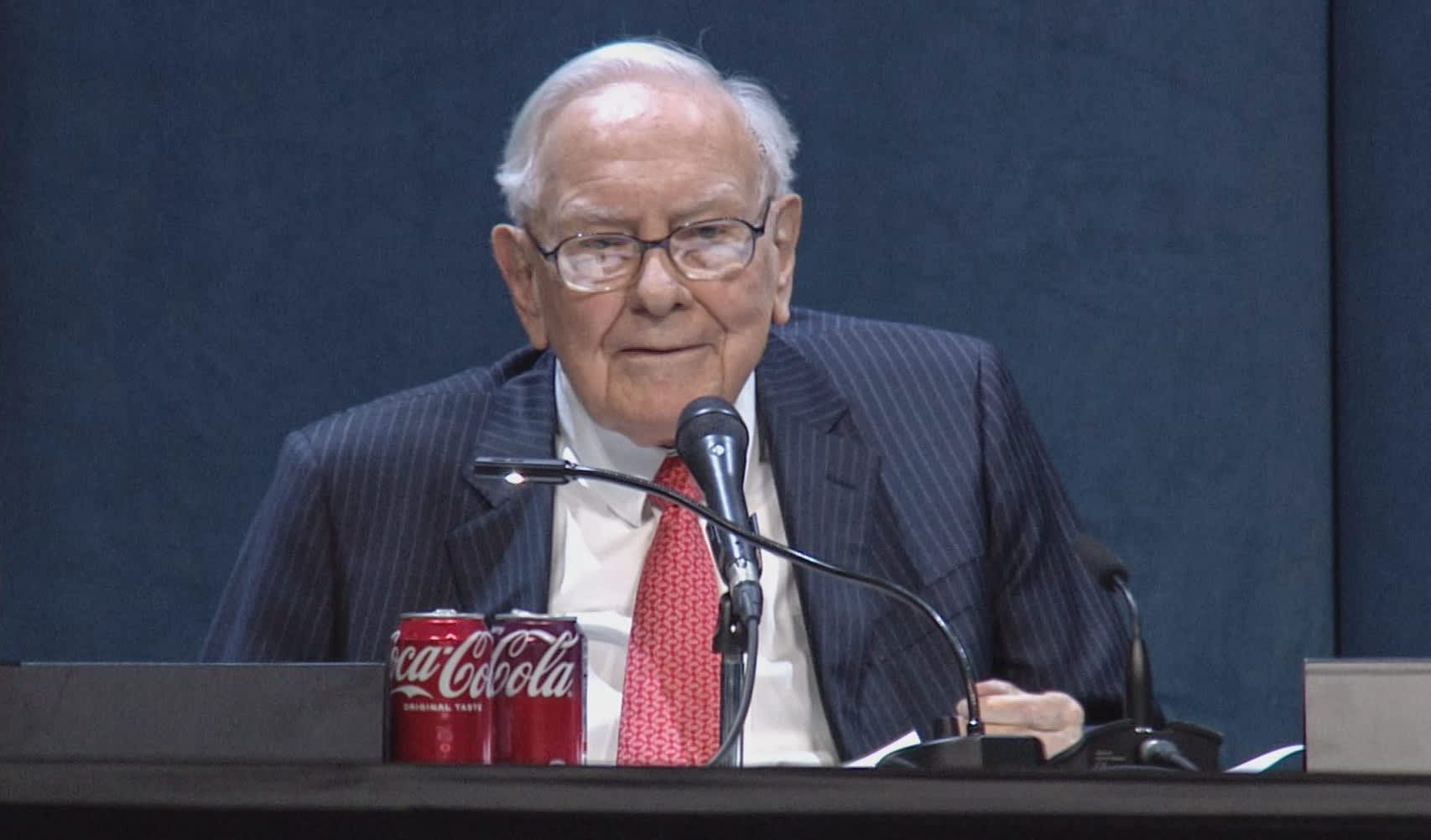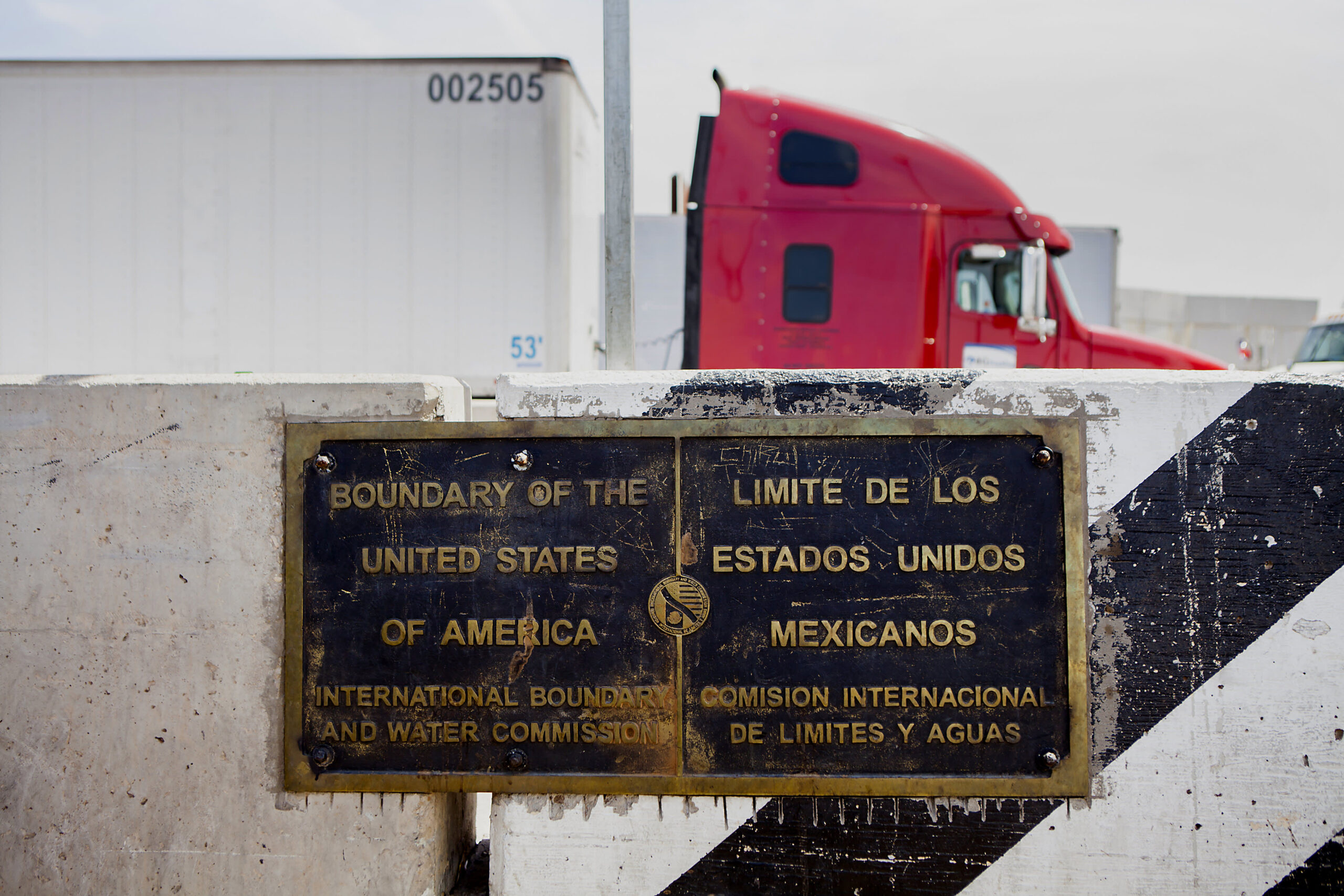
(This is the Warren Buffett Watch newsletter, news and analysis on all things Warren Buffett. You can sign up here to receive in your inbox.)
Warren Buffett told CNBC he’s “disappointed” that Kraft Heinz plans to split into two companies, essentially reversing the merger he helped orchestrate in 2015 that has turned out to be one of his biggest investment mistakes.
In an off-camera phone call on Tuesday with “Squawk Box” co-anchor Becky Quick, Buffett said he is also disappointed the split will not be subject to a shareholder vote.
With a 27.5% stake currently valued at $8.9 billion, Berkshire Hathaway is by far the food giant’s largest shareholder.
Buffett said Berkshire’s CEO-designate Greg Abel expressed their disapproval directly to the Kraft Heinz management team before the final decision was made.
It is extremely unusual for Berkshire, which is almost always a passive investor, to publicly, or even privately, criticize the management of one of its holdings.
Wall Street shared Buffett’s disappointment.
Kraft Heinz shares fell as much as 7.6% on Tuesday after the announcement early that morning, but made back some of that loss, finishing down just 2.4% for the holiday-shortened week.
Will Buffett’s unhappiness prompt Berkshire to sell some or all of its stake?
He didn’t rule it out, saying, “We will proceed to do whatever we think is in the best interest of Berkshire.”
Buffett did add, “If we are approached about selling our shares, we wouldn’t accept the block bid unless the same offer is made to other Kraft Heinz shareholders.” That is, unless someone is willing to buy the entire company.
Becky reported Buffett doesn’t like the $300 million in additional overhead costs that will be spent to implement the split over the next year, and he doesn’t think it will do much good.
“It certainly didn’t turn out to be a brilliant idea to put them together, but I don’t think taking it apart will fix it.”
In 2013, Berkshire joined with Brazil’s 3G Capital Management to buy H.J. Heinz for $23.3 billion.
Two years later, when Kraft merged with Heinz, Berkshire emerged with more than 325 million shares in the new company valued at around $24 billion when the deal closed in July of 2015.
While the value of Berkshire’s stake did well immediately after the merger, rising to around $30 billion in 2016, it slid sharply over the following three years and has been bouncing around $10 billion since 2020.
In his 2015 letter to shareholders, Buffett wrote the shares cost Berkshire $9.8 billion, so right now it has an overall loss of around $1.0 billion.
Berkshire wrote down the investment by $3.8 billion in the second quarter to better reflect its market value. It did a $3.0 billion write-down in 2019.
In a 2019 live CNBC interview with Becky Quick, Buffett had some regrets about Berkshire’s role in the Kraft Heinz merger, saying he had “overpaid” for a good company.
The stock price has dropped 69% since the merger closed.
The split did not come as a complete surprise.
In July, The Wall Street Journal reported Kraft Heinz was “eyeing spinning off a large chunk of its grocery business, including many Kraft products.”
Two Berkshire executives resigned from the KHC board in May after the company revealed an “ongoing evaluation of strategic transactions to unlock shareholder value.”
Those resignations prompted speculation at the time Berkshire could start selling, “creating an overhang on the stock,” according to one analyst.
That overhang is even more ominous now.
Because Berkshire owns more than 10% of KHC shares, it will need to report any open market sales within two business days, which could prompt other investors to also sell.
Buffett isn’t alone in his criticism of the split.
The Financial Times writes, “At its heart, Kraft Heinz’s problem is it has failed to respond to changing consumer tastes.” It thinks the split is “less a bold strategic pivot, and more the result of years of underperformance caused by prioritising [UK spelling] cost cuts over innovation.”
Reuters columnist Jennifer Saba calls the “remaking [of] the sausage … as unpleasant to see as ever.”
“Despite producing a wide variety of brands, the endless cycle of wheeling and dealing seems to come in only one yucky flavor” with “implausibly optimistic” financial engineering.
BUFFETT AROUND THE INTERNET
Some links may require a subscription:
- Bloomberg on Yahoo Finance: Buffett-Backed Japan Trading Houses Get Too Pricey for Investors
- Wall Street Journal on MSN: Warren Buffett’s Son Battles Colombia’s Booming Cocaine Trade
HIGHLIGHTS FROM THE ARCHIVE
Why Berkshire paid too much for Kraft (2019)
Warren Buffett admits Berkshire Hathaway paid too much for Kraft in its merger with Heinz, citing the growing pricing power of retailers over brands.
BERKSHIRE STOCK WATCH
Four weeks
Twelve months
BERKSHIRE’S TOP U.S. HOLDINGS – Sep. 5, 2025
Berkshire’s top holdings of disclosed publicly traded stocks in the U.S., Japan, and Hong Kong, by market value, based on today’s closing prices.
Holdings are as of June 30, 2025 as reported in Berkshire Hathaway’s 13F filing on August 14, 2025, except for:
- Itochu, which is as of March 17, 2025, and Mitsubishi, which is as of August 28, 2025. Tokyo Stock Exchange prices are converted to U.S. dollars from Japanese yen.
The full list of holdings and current market values is available from CNBC.com’s Berkshire Hathaway Portfolio Tracker.
QUESTIONS OR COMMENTS
Please send any questions or comments about the newsletter to me at [email protected]. (Sorry, but we don’t forward questions or comments to Buffett himself.)
If you aren’t already subscribed to this newsletter, you can sign up here.
Also, Buffett’s annual letters to shareholders are highly recommended reading. There are collected here on Berkshire’s website.
— Alex Crippen, Editor, Warren Buffett Watch

